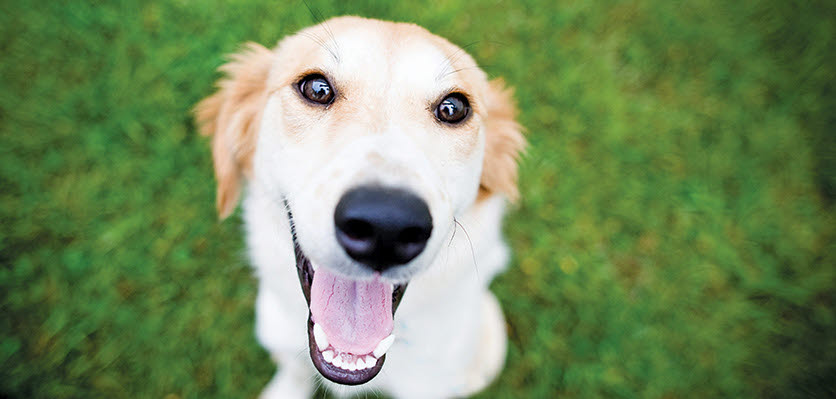
When you are pouring milk into your morning coffee, it can be tempting to want to give your pet some milk too. That said, the familiar image of a cat lapping milk from a bowl is, however, a very misleading one.
Cats traditionally enjoyed the cream on milk because of its high-fat content but the milk we now buy from the supermarket is usually very low in fat and the truth is, cats cannot digest this cow’s milk and ingestion can subsequently cause a range of gastrointestinal problems.
Just like humans, cats can suffer from lactose intolerance. This is because they don’t have the enzyme (beta lactamase) that is required to break down the lactose in milk.
Without this enzyme, the sugar in the milk builds up in your pet’s gastrointestinal tract and can cause vomiting, diarrhoea, flatulence and abdominal pain.
So are dogs lactose intolerant too?
Not all dogs are completely lactose intolerant. Some dogs can tolerate very small amounts of lactose in milk but they can also develop an allergy to the milk protein which is a separate problem altogether. This is why it is best you avoid feeding your dog dairy and stick to premium balanced dog food that is recommended by your veterinarian.
What about yoghurt and cheese?
Yoghurt and cheese usually contain lower amounts of lactose but can still cause a gastrointestinal upset due to the high-fat content so it’s best to avoid them. The high-fat content can set off a painful and very serious condition in dogs called pancreatitis.
It can also be easy to overfeed your pet if you choose to use cheese as a treat. Did you know that a 30g piece of cheese is equivalent to one and a half hamburgers for a 10kg dog?
What if my dog licks my ice cream?
A few licks of ice cream from the bowl is not harmful for your dog or cat but it may cause a mild gastrointestinal upset 12- 24 hours later so it’s best not to make a habit of this! Stick to pet-friendly treats approved by your veterinarian.
Can I feed my pet lactose-free milk or goat’s milk?
Theoretically, some dogs may tolerate small amounts of these products but if they are getting a premium-quality, balanced diet these are not necessary. Lactose-free milk and goat’s milk can still cause gastrointestinal problems associated with allergies to the milk protein.
Don’t puppies and kittens need milk?
Puppies and kittens feed on milk from their mothers up until 6-8 weeks of age but can be weaned after this. Feeding milk is not necessary after your puppy or kitten is weaned. Whilst there are specific puppy and kitten milks available, a high-quality premium puppy or kitten diet will give your pet enough calcium and nutrients to keep their bones healthy and strong. You should ask your veterinarian for a recommendation.
If you are after nutritional advice for your pet, it is best to speak to your veterinarian.
